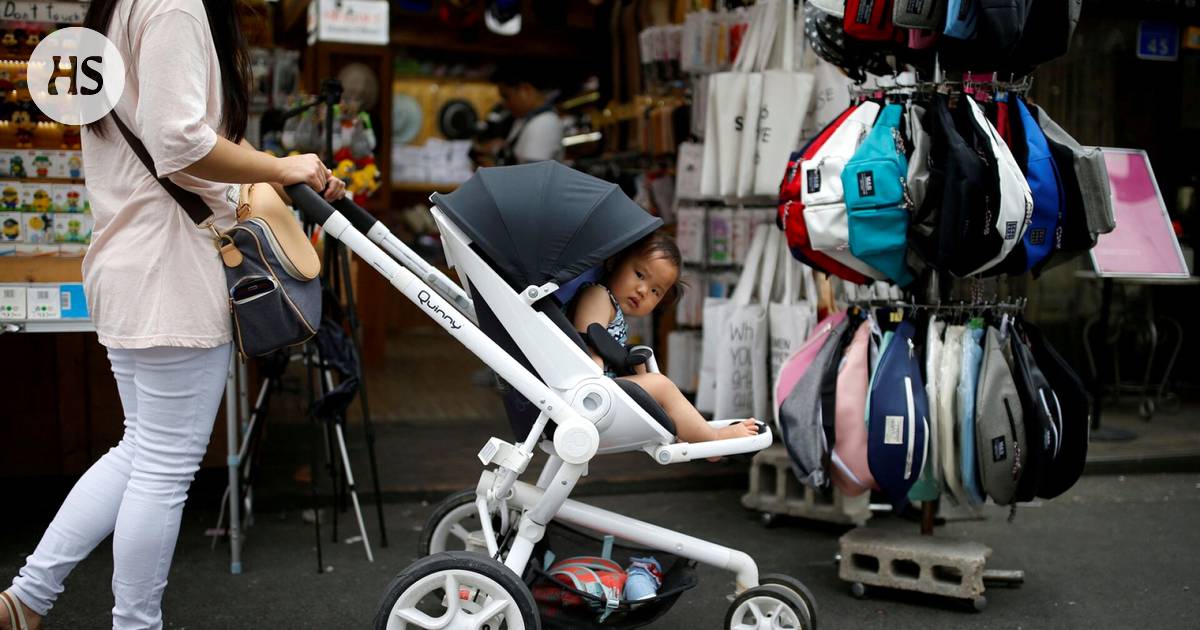South Korea is facing a population crisis due to its lowest birth rate in the world. This issue has been a concern for years, with the fertility rate steadily declining. To address this problem, political decision-makers and businesses have introduced various incentives, including housing allowances, tax breaks, and mandatory paternity leave.
One unique incentive comes from the South Korean construction specialist Booyoung Group, who offer a bonus of almost 70,000 euros for each baby an employee has. However, the total fertility rate in South Korea fell to 0.71 last year, well below the replacement rate of 2.1 children per woman. In comparison, Finland’s fertility rate was 1.32 in 2022.
To tackle this issue, South Korean companies are taking steps to improve work-life balance and introduce mandatory maternity and paternity leave policies. For example, Lotte has seen an increase in the fertility rate of its employees since implementing such policies in 2012.
However, despite these efforts, the declining birth rate continues to be a pressing issue that requires collaborative efforts from both the government and businesses to address. By implementing incentives and policies that support working parents, there is hope that the fertility rate can be improved and the population crisis mitigated.


